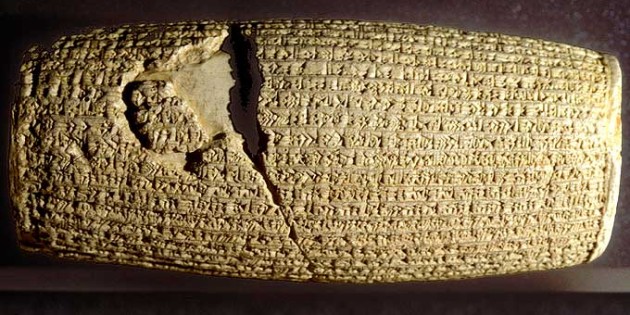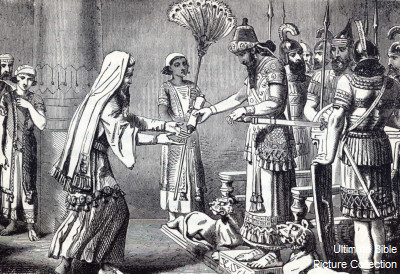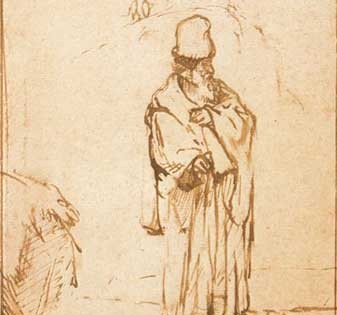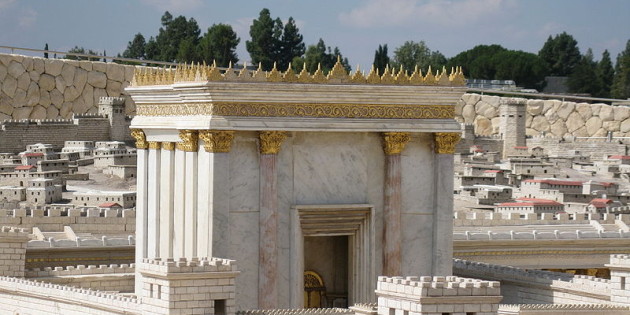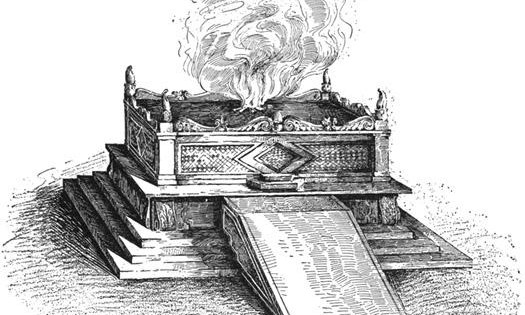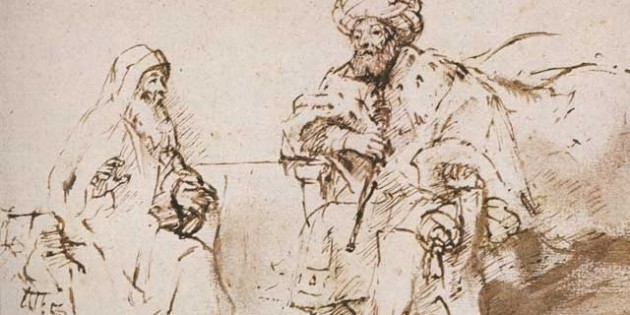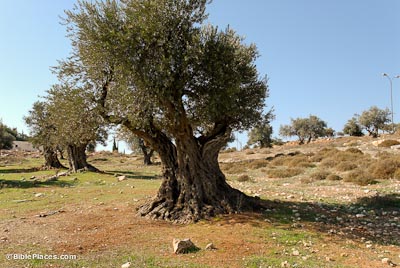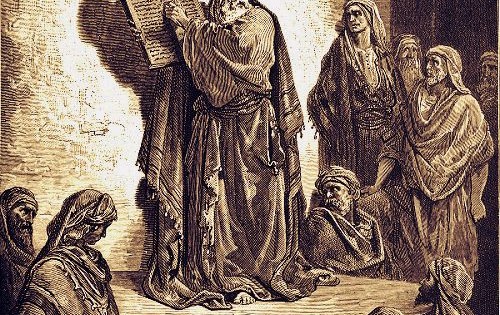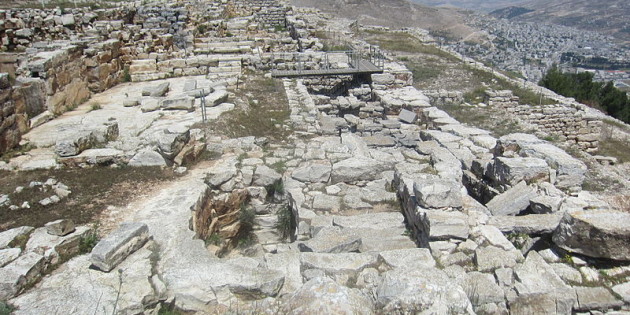Home » Greco-Roman Period » Jewish Literature and Culture in the Persian Period
Jewish Literature and Culture in the Persian Period
Forty-seven years after the Babylonians destroyed Jerusalem and the Temple in 586 B.C.E. and deported many of the people to exile in Babylon, Cyrus the Great, king of Persia, who had conquered the Babylonians and ruled most of the then-known world, allowed the Jews to return to their ancient homeland. They returned in waves. Sheshbazzar, […]
The historian, Josephus, argues the authenticity of the Jewish tradition by referring to the antiquity, accuracy, and divine inspiration of the Jewish scriptures. In the process, he obliquely refers to all the books of the Bible. He also testifies to Jewish loyalty to their holy texts. (37) …Everyone is not permitted of his own accord […]
Malachi’s prophetic career is probably to be dated to 500-450 B.C.E. He calls for morality and fidelity to God’s teachings, as well as emphasizing the role of the priests as teachers of Torah. Malachi looks forward to the Day of the Lord when the wicked will be destroyed and the righteous will be victorious. 2-1 […]
The prophecies of Zechariah date from 520-518 B.C.E. The prophet called for the rebuilding of the Temple and its ritual, as we see in the excerpts from chapters 3-4. The prophecies in the second half of the book, represented here by chapters 8 and 14, are taken by most modern scholars to be the work […]
Haggai encourages those who remembered the greater glory of the First Temple, proclaiming that the Second Temple would eventually surpass it. 2-1 On the twenty-first day of the seventh month, the word of the Lord came through the prophet Haggai- 2 Speak to Zerubbabel son of Shealtiel, the governor of Judah, and to the high priest Joshua […]
Haggai, prophesying around 520 B.C.E., yearned for the restoration of the Temple to be completed and called upon the nation to devote itself to this project. He attributed all unprofitable activities to the desire of people to build their own homes while neglecting the House of God. 1-1 In the second year of King Darius, […]
During the Persian period, the Book of Chronicles was edited from a variety of earlier sources. A major theme of Chronicles is King David and his dynasty. The Davidic Dynasty represented the ideal era of peace and security in the Land of Israel. Its promise of perfection has led the restoration of the Davidic House […]
After the public reading of the Torah, the people entered into a pact to fulfill its commands. The specific details of the obligations of this covenant indicate by their formulation that they are based on halakhic (legal) midrash, mostly intended to harmonize various prescriptions in the Torah. The most prominent aspect of this pact is […]
One of the earliest examples of midrashic exegesis was in the manner it which Lev. 23-40-42 was interpreted by the book of Ezra. The interpretation proposed here was rejected by Jewish tradition which saw Lev. 23-40 as referring to the taking of the lulav and etrog, not to the building of the sukkah. 8-13 On […]
Excerpted from Ancient Israel From Abraham to the Roman Destruction of the Temple. Ed. Hershal Shanks. Washington, D.C.- Biblical Archaeology Society, 1999. Ezra According to the biblical record, the most dramatic and long-lasting cultural and political changes in the post-Exilic Jewish state occurred during the tenure of Ezra and Nehemiah. From the biblical perspective, Ezra’s accomplishments were […]

